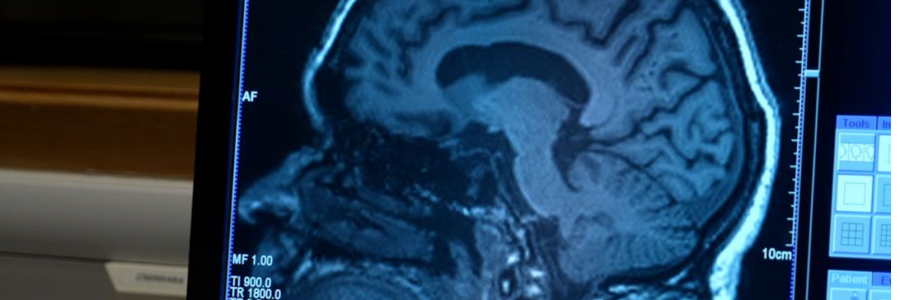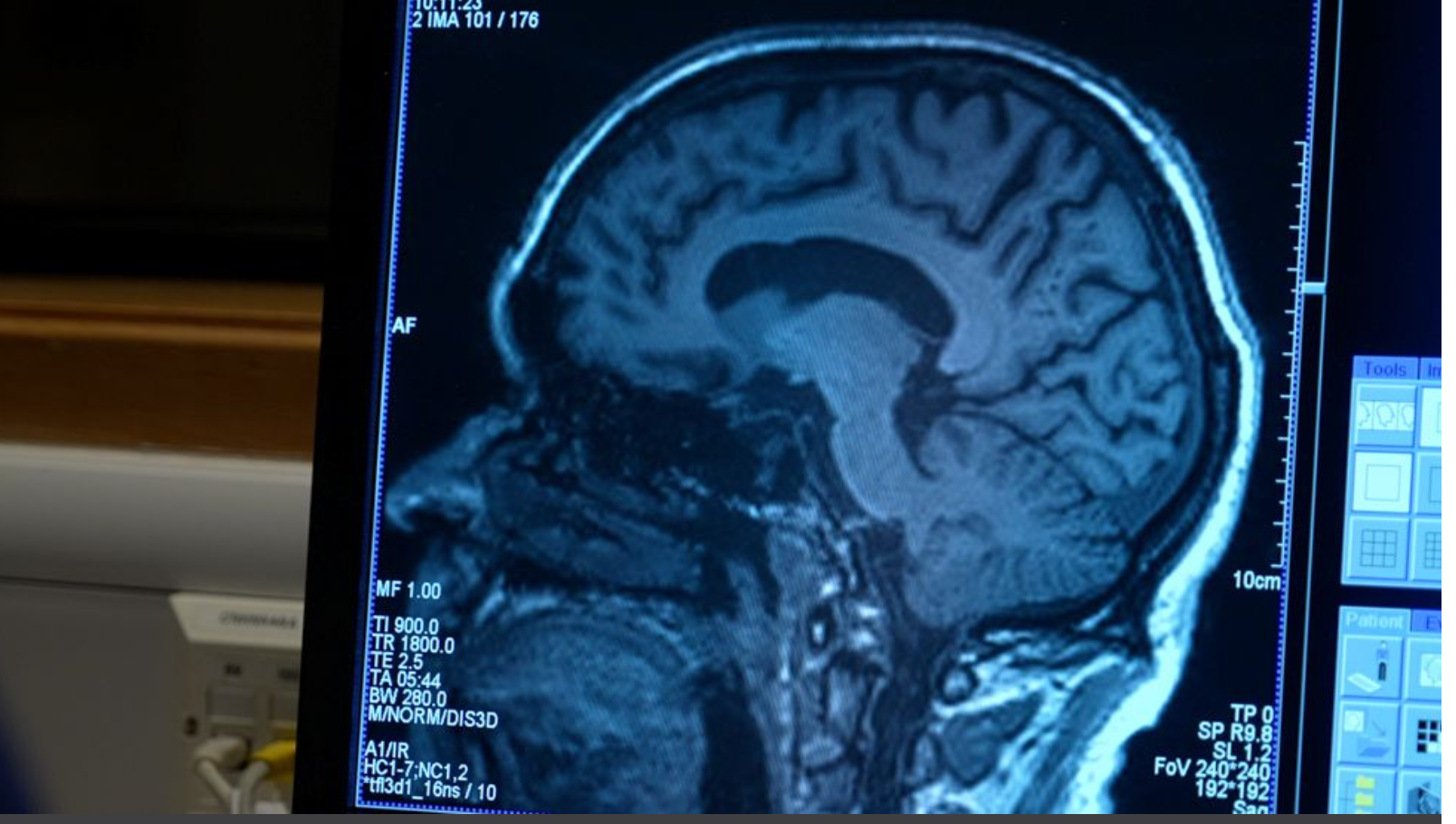
US approves Aducanumab, new Alzheimer’s drug in 20 years

The first new treatment of Alzheimer’s disease for nearly 20 years has been approved by regulators in the United States clearing the way for its use in the UK.
Aducanumab targets amyloid, a protein that forms abnormal; crumps in the brains of people with Alzheimer’s that can damage cells and trigger dementia, communication issues, memory and thinking problems, and confusion. Aducanumab targets the underlying cause of Alzheimer’s, the most common form of dementia rather than its symptoms.
More than 30 million people around the world are thought to have Alzheimer’s , with most aged over 65. In the UK, more than 100,000 people with a mild form of the disease could be suitable for the drug if it were to be approved by the UK regulator.
The US Food and Drug Administration (FDA) said there was “substantial evidence that aducanumab reduces amyloid beta plaques in the brain” and that this “ is reasonably likely to predict important benefits to patients”.
But In March 2019, late-stage international trials of aducanumab, involving about 3,000 patients were halted after detailed analysis showed the drug given as a monthly infusion, was not better at slowing the deterioration of memory and thinking problems than a dummy drug.
Later that year the US manufacturer Biogen analysed more data and concluded the drug did in fact work, as long as it was given in higher doses, and significantly slowed cognitive decline.
Aducanumab is neither a miracle drug, nor a cure for Alzheimer’s but it is the first treatment which tackles the destructive mechanism in the brain that drive the destruction of neurons.
